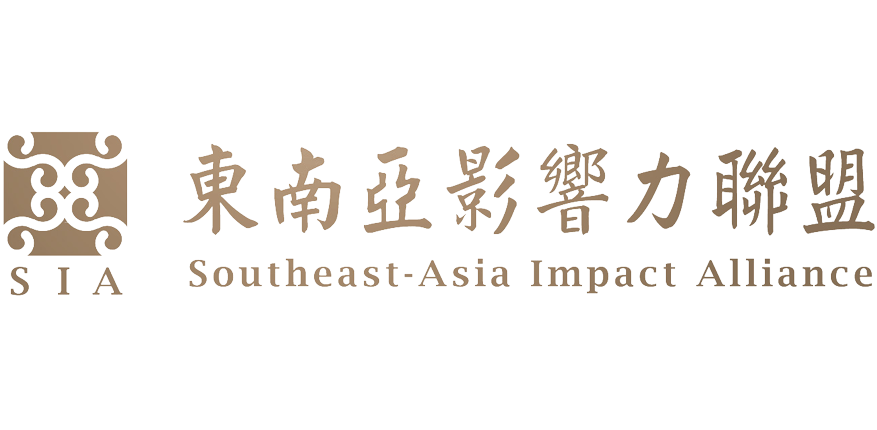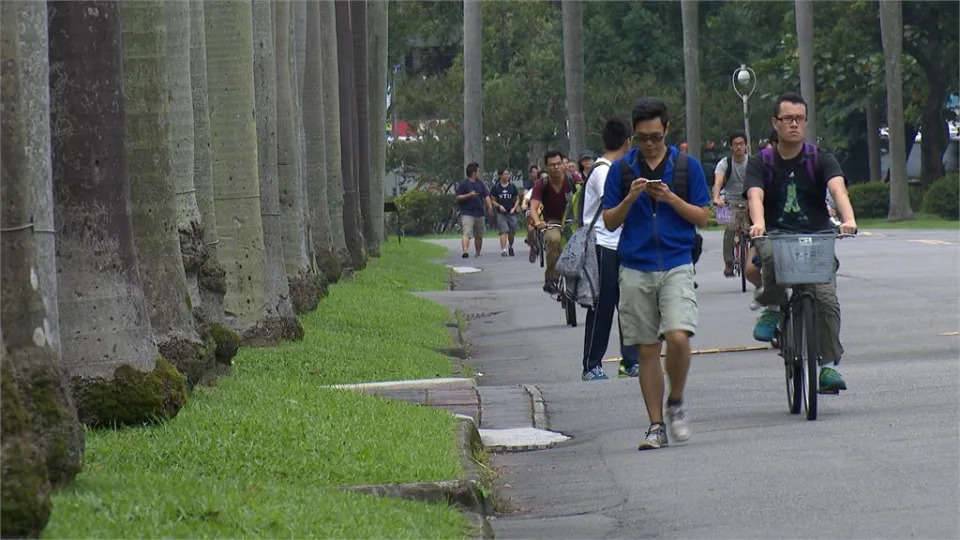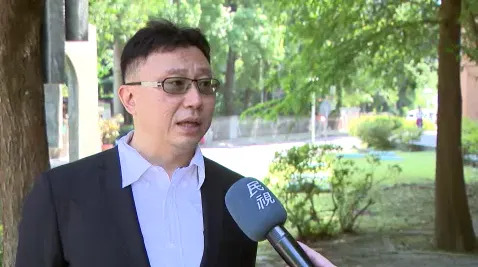National Taiwan University proposes semiconductor program, welcomes collaboration with Vietnam
National Taiwan University (NTU) has announced plans for its centennial celebration, revealing a series of initiatives. Particularly noteworthy is the proposal to establish an international degree program in the semiconductor field, with plans to commence admissions next year. The focus of this program will be on attracting foreign students, aiming to retain international semiconductor talent in Taiwan. In light of recent interest from Vietnam in collaborating with NTU to cultivate talent in related fields, the university expresses great enthusiasm and a proactive approach to cooperation.
NTU President Chen Wen-Chang declared that the semiconductor program at the undergraduate level has undergone evaluation by the Ministry of Education, driven by the recognition of the domestic semiconductor industry’s significance.
As part of the 2028 centennial celebration plan, NTU aims to establish an undergraduate semiconductor program, with the earliest admissions slated to begin next year, targeting an enrollment of approximately 50 to 60 students annually.
National Taiwan University (NTU) is establishing an undergraduate program in semiconductors, primarily targeting international students
NTU student: “If there’s an opportunity in the future, I hope to have a chance to take the semiconductor program. After all, Taiwan’s industry is predominantly semiconductor-based. If, for instance, I plan to work in finance in the future, I feel that understanding various industries is necessary.”
When asked if the emphasis on recruiting international students might compress job opportunities for local students, a senior electrical engineering student at NTU expressed that it should be fine. Local students likely still have some advantages, as being a local is generally more favored.
NTU students are optimistic about the future semiconductor program that primarily targets international students and are not concerned about its impact on the job market. However, in cultivating semiconductor talent, not only NTU but also internationally, there is a proactive approach. Reports indicate that Vietnam, aiming to cultivate 50,000 engineers by 2030, sought assistance from Arizona State University in the United States. This olive branch extends even to Taiwan’s top academic institution, NTU.
Cheng Tsung-Yi, Secretary-General of the Taiwan Eastbound Alliance stated: “Currently, Malaysia has the foundational semiconductor supply chain, with support mainly coming from semiconductor companies in Singapore and the United States. Therefore, in the future, Malaysia and Vietnam will become two key players in developing the semiconductor industry in Southeast Asia. Taiwanese companies cannot lag behind; otherwise, in international competition, if we cannot keep up, others may appear to take our place.”
Secretary-General Zheng Zong-Yi of the Taiwan Eastbound Alliance issues a warning, emphasizing that Taiwan should not lag behind in attracting international semiconductor talent
Zheng Zong-Yi is also concerned that Taiwan not only faces a shortage of labor but also a scarcity of technological talent. Seeing countries such as the United States, Japan, South Korea, Singapore, and others implement highly favorable immigration policies and salary packages for top-tier talent, Taiwan should not fall behind. There is a need to accelerate the formulation of comprehensive policies and industry connections for international scientists and researchers to come to Taiwan for degree programs, career guidance, and even permanent residency. Only through such measures can Taiwan effectively overcome the impact of losing the demographic dividend on the development of its industries, including the semiconductor and technology sectors.






